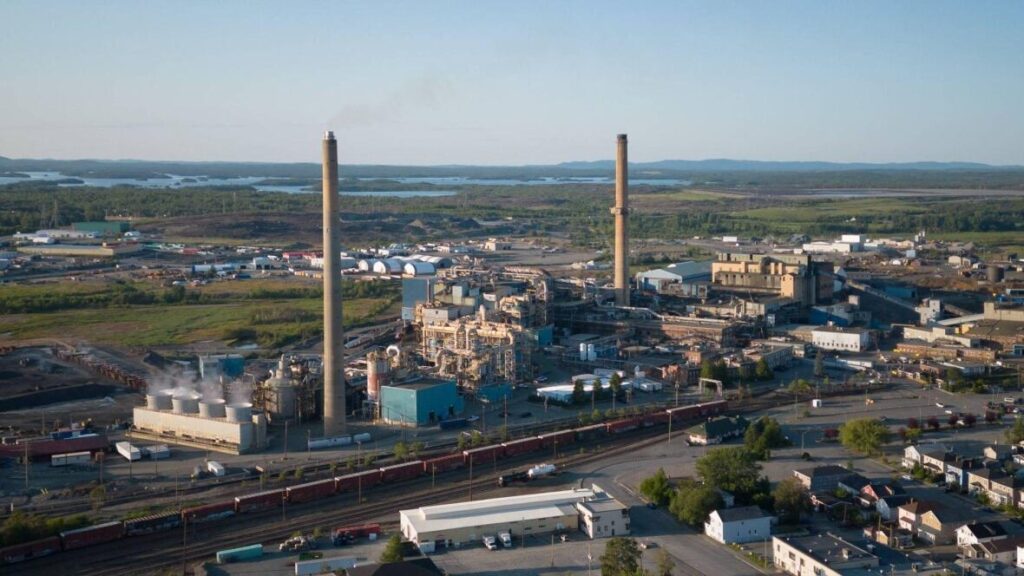
Introduction to Fonderie Horne
Fonderie Horne, located in Rouyn-Noranda, Quebec, is one of the largest metal processing facilities in the province. Its significance extends beyond its industrial role, as it is intertwined with the local economy and the health of the community. As Canada transitions towards more sustainable practices, the ongoing operations of Fonderie Horne highlight the delicate balance between economic benefits and environmental responsibilities.
Current Developments at Fonderie Horne
In recent months, Fonderie Horne has been the center of heated discussions regarding its environmental impact, particularly concerning emissions and contamination. With the facility primarily dealing with copper, gold, and silver metal refining, various environmental groups have raised alarm bells about lead and arsenic emissions that may affect the surrounding communities.
The provincial government has imposed regulations aimed at reducing harmful emissions, while Fonderie Horne has responded by committing to invest in cleaner technologies. In September 2023, the management announced a substantial investment package to upgrade their air filtration systems to better meet the environmental standards set by the government. This marks a pivotal shift towards addressing community concerns and enhancing the sustainability of their operations.
Community Response and Local Economy
Despite environmental challenges, Fonderie Horne remains a cornerstone of the local economy, providing jobs and supporting local businesses. The facility currently employs approximately 300 individuals and was responsible for generating over $50 million in local economic activity last year. Local leaders recognize the plant’s historical significance in the region, arguing that while environmental issues must be addressed, the economic benefits are pivotal for many families in the area.
Recent polls suggest mixed sentiments among local residents. While many acknowledge the jobs created by Fonderie Horne, they also express concern about their health and the environment. Calls for transparency and accountability have increased, reflecting the community’s desire to ensure that economic development does not come at the cost of their well-being.
Conclusion and Future Outlook
The situation surrounding Fonderie Horne in Rouyn-Noranda poses critical questions about industrial growth and environmental stewardship. As the facility adapts to new regulations and aims for cleaner operations, it may serve as a model for other industries facing similar challenges. Future prospects depend on Fonderie Horne’s commitment to adhere to environmental standards while continuing to foster economic development. Observers will be closely monitoring the outcomes of their investments and community responses in the coming months, as the balance between jobs and environmental health remains a pressing concern for both the plant and its surrounding community.



